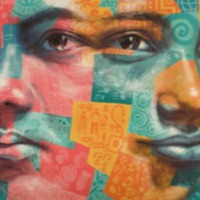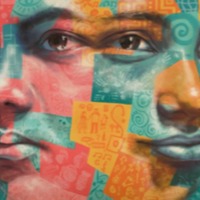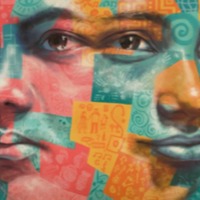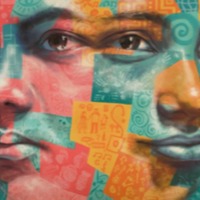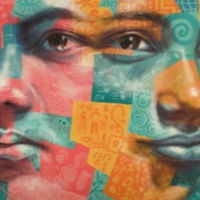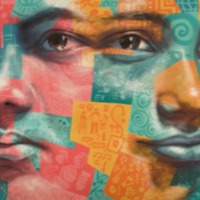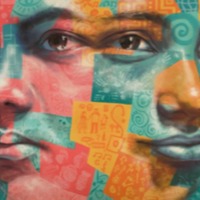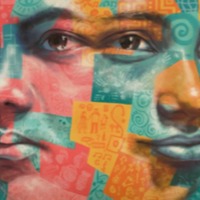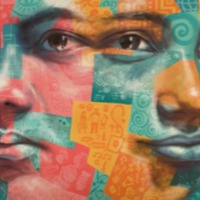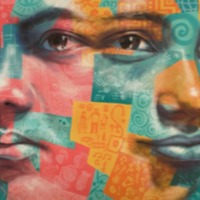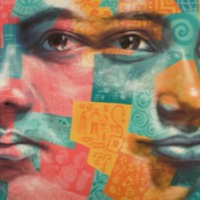
I met a friend and went to her flat and I spent 10 days there. She was 33-year-old and she was bringing her boyfriends in her flat, but she didn’t allow them to touch me, saying that I was too young. They took my friend by force to work in a bar. She advised them to take me as well, which is what happened.
In that café, we stayed for two days, and afterwards the police came there and since we didn’t possess any documents, they sent us to the police station. They sent us to a shelter. And then, we were sent to the court, where we testified against the owner of the bar.
In the shelter, I met one of my friends who told me that she had a boutique of clothes and she could employ me there. But in the meantime, she left the shelter. I disliked everything in that shelter and I made the request to the custodians to leave that place. They told me if I want to leave, the only thing I had to do is to sign a paper. I did so and left the shelter. I was 16 at that time.
After leaving the shelter, I paid a visit to a café and met the girl whom I knew from the shelter. She was accompanied by two men. They took us with them saying that they got me a job in a shop, but when we arrived there I saw that it was a bar. One week after, the owner of the bar started to beat me and bring the clients to me. He was selling me for money.
This lasted for one month and a half, until my brother in law visited that place and saw me. He informed the police. The police came and got me out and sent me to a shelter. This time I did not make a statement against the bar owner because I was afraid of him.
As told to UNICEF Innocenti Research Centre
